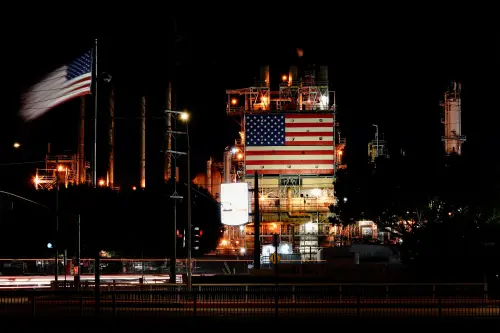Top U.S. refiners are preparing to explore alternative sources for heavy, sour crudes as they anticipate potential changes in import regulations from the major suppliers, Canada and Mexico. The uncertainty around tariffs has prompted considerations of shifting to more domestic light, sweet shale oil, aligning with President Trump's energy policies.
While the refiners acknowledge the potential benefits of relying more on domestic crude, concerns persist over increased feedstock costs as a result of the proposed tariffs. The majority of U.S. refineries are configured to process heavier grades, posing challenges in adapting to the new circumstances.
In response to the tariff threats, Marathon Petroleum, a leading U.S. refiner, is evaluating the possibility of diversifying its crude sources by leveraging logistical advantages to potentially include domestic options such as Bakken shale oil. Similarly, HF Sinclair and Delek are exploring strategic adjustments to their refining processes to mitigate the impact of the proposed tariffs.
Despite the potential rise in costs, U.S. refiners are actively engaging with the government and industry associations to ensure a clear understanding of the implications of these decisions on the refining sector. The ultimate outcome of these tariff adjustments remains unclear, driving the need for refiners to remain flexible and responsive to changing market dynamics.
Valero Energy, the second largest U.S. refiner, foresees potential challenges in refining operations if access to heavy crude feedstocks becomes restricted, particularly affecting throughput. The repercussions of these tariff changes could lead to shifts in oil trade patterns, diverting Canadian and Mexican oil to other markets outside the U.S.
Reflecting the general sentiment among refiners, Valero's Chief Operating Officer Gary Simmons emphasized the need to adapt to the evolving situation without preemptive speculation, underlining the necessity of addressing challenges as they arise.
